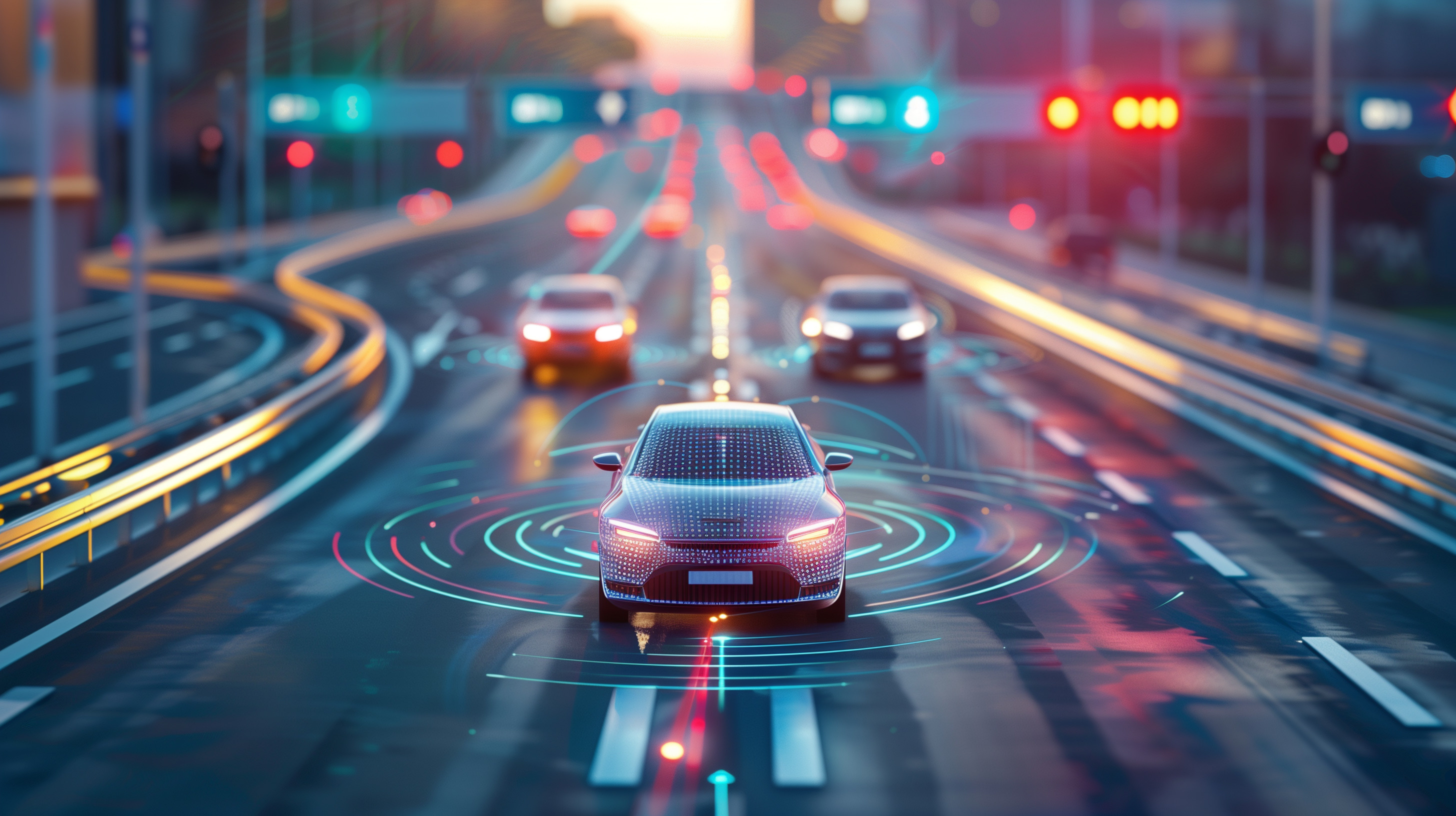With the rise in popularity of and investment in autonomous vehicles, one professor at the George Washington University sought to explore the ethics and policy considerations around driving in a world where self-driving cars are safe and comparable in cost.
Vikram R. Bhargava is an assistant professor of strategic management and public policy at the George Washington University School of Business. His research centers around topics including autonomous vehicles, artificial intelligence, the future of work, technology addiction, mass social media outrage, and other topics related to digital technology policy.
Bhargava published the paper, “Autonomous Vehicles and the Ethics of Driving,” in the journal Social Theory and Practice. Bhargava and his co-author argue that when autonomous vehicles are scaled to market, they will reduce driver errors and make the roads safer. At that time there will be strong grounds to regulate the sale of regular cars and, ultimately, to ban humans from driving non-autonomous vehicles.
Motor vehicle crashes continue to be a leading cause of death in the United States, remaining a serious threat to public health. According to a 2022 report by the U.S. Centers for Disease Control and Prevention, the population-based motor vehicle crash death rate in the United States was the highest among 29 high-income countries in 2019.
The authors suggest self-driving vehicles could be a solution to this public health crisis. They argue that driving a car, rather than riding in an autonomous vehicle, will become morally analogous to drunk driving. Therefore, the authors say driving regular cars should be prohibited when society reaches a point of widespread autonomous vehicle adoption.
“We also develop an argument based on vaccination policy: just as realizing the benefits of herd immunity are conditional on widespread vaccination, the same is true for the expected harm and pollution reductions associated with autonomous vehicles,” Bhargava says. “Crucially, our argument has important implications for automotive industry policy. Widespread adoption of autonomous vehicles will require firms in the automotive industry to cooperate with competitors to ensure a safer and more sustainable transportation system on our roadways.”
If you would like to speak with Prof. Bhargava, please contact GW Media Relations Specialist Cate Douglass at cdouglass gwu [dot] edu (cdouglass[at]gwu[dot]edu).
gwu [dot] edu (cdouglass[at]gwu[dot]edu).
-GW-



